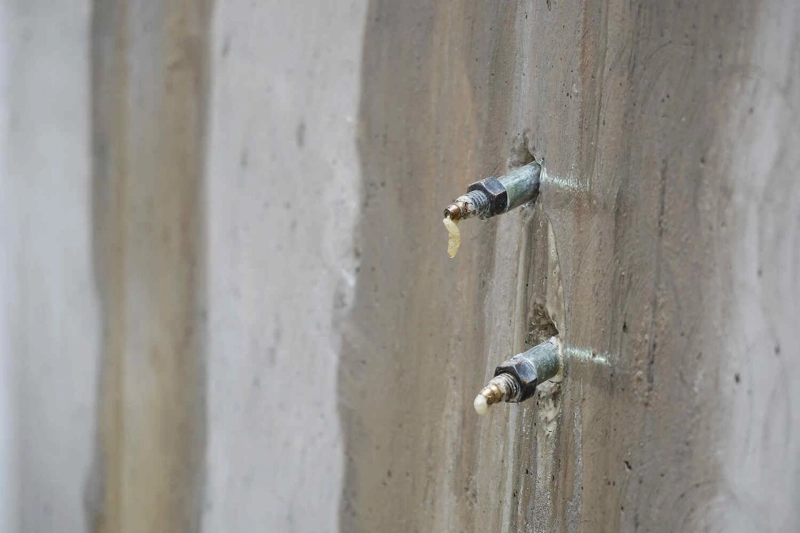Polyurethane injection resin is a widely used solution for sealing cracks and waterproofing structures. It is highly effective in preventing water infiltration and strengthening damaged concrete surfaces. Whether used in basements, foundations, bridges, or tunnels, polyurethane injection resin offers numerous advantages over traditional repair methods. Below, we explore the top 10 benefits of using polyurethane injection resin for structural repairs and waterproofing.
1. Effective Waterproofing Solution
One of the primary benefits of polyurethane injection resin is its ability to create a watertight seal. When injected into cracks, the resin expands and fills the voids, preventing water from penetrating structures. This makes it ideal for basement waterproofing, tunnels, and other water-prone areas.
2. High Flexibility and Elasticity
Unlike rigid repair materials, polyurethane injection resin remains flexible even after curing. This allows it to accommodate structural movements and temperature fluctuations without cracking or breaking, making it a long-lasting solution.
3. Fast and Efficient Application
Polyurethane injection resin has a quick curing time, allowing for rapid repairs. The injection process is straightforward and requires minimal disruption, making it a preferred choice for both residential and commercial applications.
4. Permanent Crack Sealing
Once injected, the polyurethane resin expands and bonds with the surrounding material, creating a permanent seal. It effectively stops leaks and prevents further deterioration, reducing the need for frequent repairs.
5. Adheres to Wet and Dry Surfaces
Polyurethane injection resin can be applied to both wet and dry surfaces, making it highly versatile. Unlike some other sealants, it does not require a completely dry environment, making it ideal for emergency repairs and leak sealing in active water flow conditions.
6. Prevents Further Structural Damage
By sealing cracks and preventing water infiltration, polyurethane resin helps protect structures from further deterioration caused by moisture, freeze-thaw cycles, and corrosion. This prolongs the lifespan of buildings and infrastructure.
7. Cost-Effective Repair Solution
Compared to traditional repair methods such as excavation and reconstruction, polyurethane injection resin is a cost-effective alternative. It requires less labor, materials, and downtime, reducing overall repair costs.
8. Non-Disruptive Process
Since polyurethane injection resin can be applied without extensive excavation or demolition, it is a non-invasive solution. This makes it suitable for repairs in occupied buildings, historical structures, and areas where minimal disruption is necessary.
9. Environmentally Friendly Option
Many polyurethane injection resins are formulated to be non-toxic and environmentally friendly. They do not release harmful chemicals into the surrounding environment, making them a sustainable choice for waterproofing and repairs.
10. Versatile Applications
Polyurethane injection resin can be used in a variety of applications, including foundation crack repairs, tunnel waterproofing, bridge maintenance, parking structures, and water tanks. Its versatility makes it an essential material in construction and maintenance projects.
Conclusion
Polyurethane injection resin is a highly effective and efficient solution for waterproofing, crack sealing, and structural repairs. Its ability to bond with various surfaces, resist moisture, and provide long-lasting protection makes it a preferred choice for professionals. Whether you’re looking to repair a leaking basement, reinforce a bridge, or protect a commercial building, polyurethane injection resin offers a reliable and cost-effective solution.
If you're considering polyurethane injection resin for your next project, consult a specialist to determine the best approach for your specific needs.


